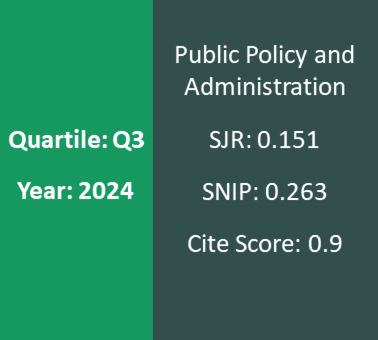State Capture: the Case Analysis of Lithuania
Keywords:
corruption, state capture, forms of state capture, reasons for state capture, civil society.Abstract
The concept of state capture, which is widely used when speaking about corruption in transitional democracies,
defines illegitimate and non-transparent influence on state policy development. Though widely-spread in
Lithuania, this phenomenon still has not been studied thoroughly by Lithuanian scholars. The phenomenon of
state capture in Lithuania is analyzed in this article emphasizing three main aspects: its’ prevalence, forms and
reasons. After the short introduction on state capture the authors analyze this phenomenon using the Lithuanian
case study, which is based on the analyses of legal acts, other surveys, scientific papers, and the interview with
representatives of the Transparency International Lithuanian Chapter. The analysis showed that level of state
capture in Lithuania decreased during the period of 1999 – 2002 but increased in 2005; however, there are not
enough data to confirm the latter conclusion. Institutions mostly affected by state capture are legislative (Seimas),
executive (Government), judicial and political parties. Business enterprises, separate individuals and foreign
countries (especially Russia) sought to influence the formation of public policy in corrupt ways in Lithuania.





